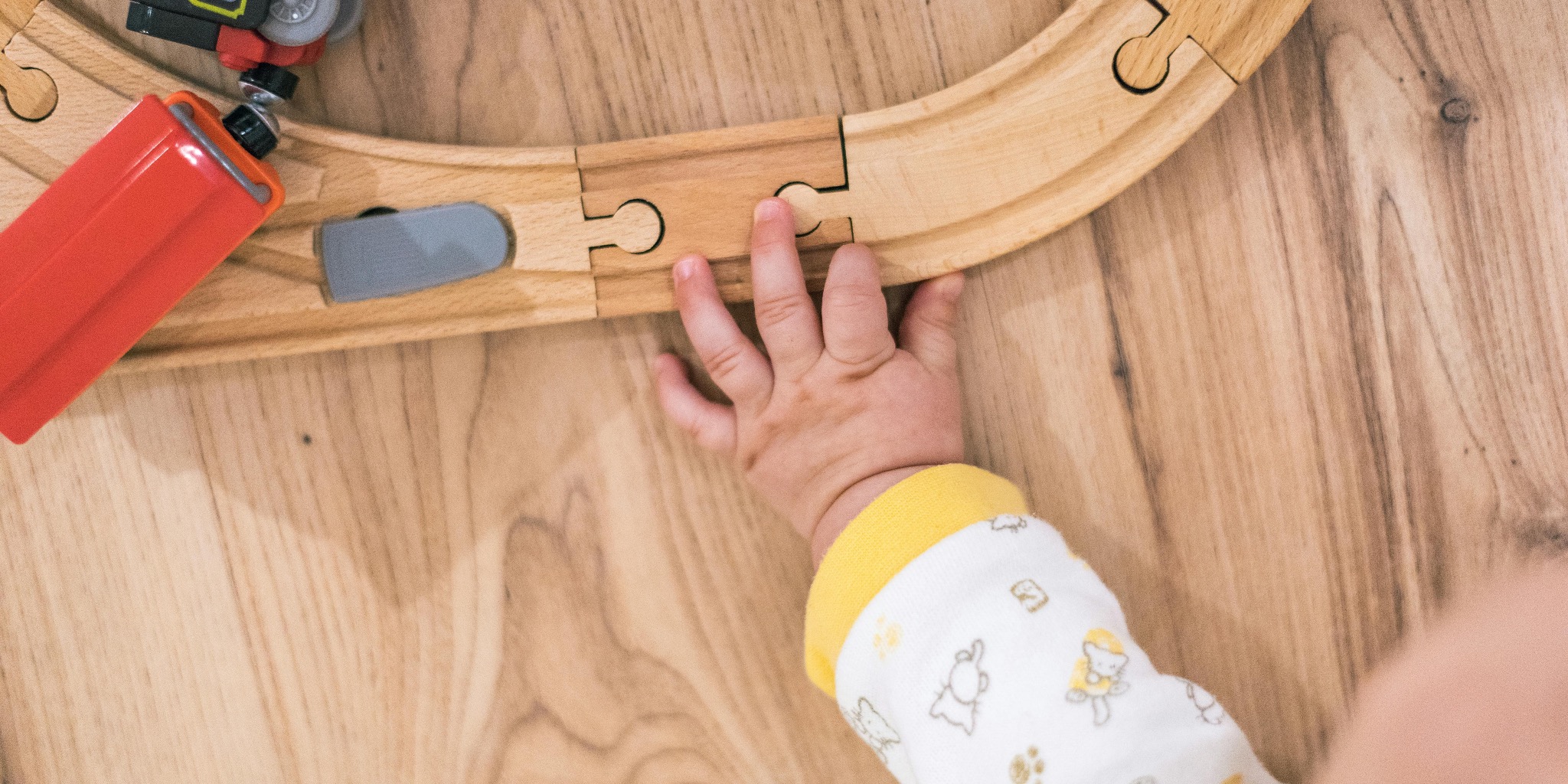- Research & insights
- child development
- impact on children
The Power of early years – building strong foundation for life
The first years of life is a period of remarkable growth and potential. Neuroscientific research shows that during the first few years, the human brain forms more than one million new neural connections every second, which is a pace that will never occur again (UNICEF, Early Childhood Development). These early experiences shape how children think, learn, and interact with the world, laying the foundation for lifelong health, learning, and emotional well-being.
According to UNICEF’s Early Moments Matter initiative, the first 1,000 days—from conception to around two years of age—represent a critical window for brain development. During this period, responsive caregiving, proper nutrition, and opportunities for early stimulation are essential. Positive interactions, such as talking, singing, playing, and comforting a child, strengthen neural pathways that support cognitive, language, and emotional growth. Conversely, chronic stress, neglect, or deprivation during these early years can have long-lasting negative effects on development and well-being.
A growing body of evidence supports this understanding. The Lancet Early Childhood Development Series (2016) found that children who benefit from nurturing care and early learning opportunities are more likely to achieve higher educational outcomes and enjoy better physical and mental health as adults. Early interventions are also shown to yield significant social and economic benefits, reducing inequality and improving community resilience. Investing in the early years is therefore one of the most cost-effective strategies for building human capital and sustainable societies.
So the first 7 years of life have the greatest impact on a person's future. DigiLa, an environment supporting the development of children aged 1–7, is a thoughtful and systematic approach to early childhood education, which ensures a long-term positive impact on a child's development. DigiLa provides research-informed materials, collection of learning materials and more importanly – personalized learning path for every child. This way, no talent goes undiscovered and gives an opportunity to support the realization of each child’s potential. DigiLa gives the guidance that help parents and educators to create enriching learning environments.
The scientific consensus is clear: early experiences have a profound and lasting influence on a person’s life trajectory. By combining evidence-based understanding with accessible learning tools, and platforms such as DigiLa help to ensure that every child receives the support they need. Investing in the early years is therefore not only an investment in each child’s potential but also in the future and well-being of society as a whole.
References:
- UNICEF. (2017). Early moments matter for children’s brain development. https://www.unicef.org/press-releases/early-moments-matter-childrens-brain-development
- UNICEF. Early childhood development. https://www.unicef.org/early-childhood-development
Author: Birgit Anette Bibikov
Share article:


